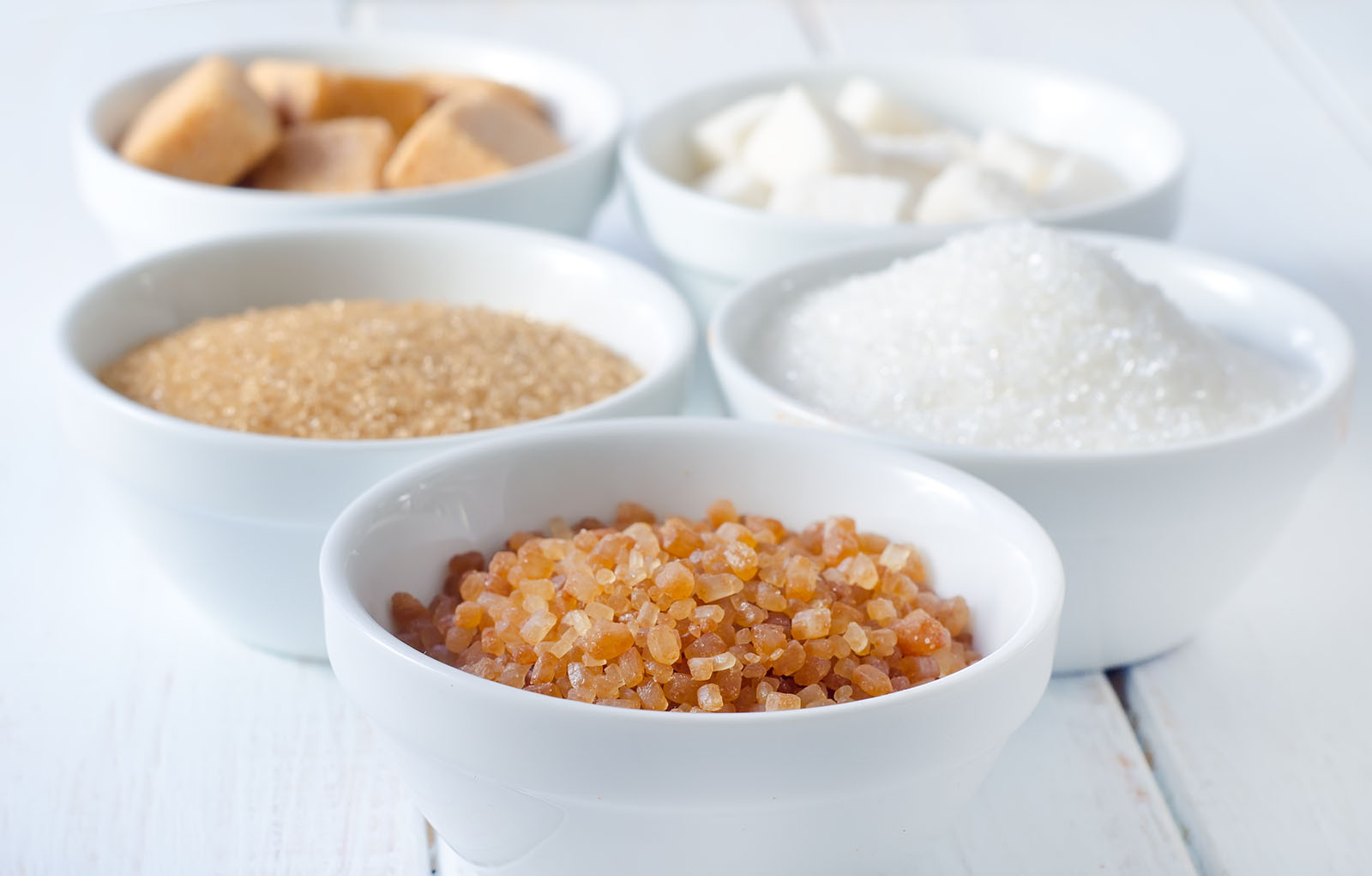The quest to control and reduce sugar intake has driven consumers and food manufacturers to an array of alternatives, primarily low-calorie, non-nutritive sweeteners. These sweeteners promise the allure of sugar without the attendant calorie load, and amongst the most popular is erythritol. While the sweeteners are hailed for their potential in managing obesity and diabetes, concerns persist about their impact on health, posing a paradox that necessitates a more nuanced investigation.
Understanding Erythritol
Erythritol, a sugar alcohol, is commonly used as a sugar substitute due to its negligible caloric content. It is naturally found in small amounts in fruits, fermented foods, and mushrooms, but the commercial production involves fermenting glucose with a yeast, Moniliella pollinis. Erythritol stands out among other sugar alcohols due to its unique digestion pathway. Unlike its counterparts, it gets absorbed into the bloodstream in the small intestine, with around 90% excreted unchanged in urine, thereby avoiding the usual digestive distress associated with excessive sugar alcohol consumption.
Potential Health Concerns
Despite its apparent advantages, long-term use of erythritol and similar low-calorie sweeteners could pose health risks. The following sections explore some of these potential dangers.
1. Metabolic Disruption
While erythritol does not contribute to calorie intake, research suggests it might not be metabolically inert. A study in the journal “Cell Metabolism” found that erythritol can act as a small molecule signal that increases fat accumulation in young adults. This finding potentially links low-calorie sweeteners to weight gain and obesity, contradicting the very reason for their use.
2. Gut Microbiota and Digestive Health
Although erythritol is generally less likely to cause digestive issues compared to other sugar alcohols, some people might still experience discomfort, bloating, and diarrhea, especially when consumed in large quantities. More crucially, research is increasingly highlighting the role of artificial sweeteners in altering gut microbiota. These alterations could potentially lead to a host of health issues ranging from inflammatory bowel disease to metabolic disorders.
3. Increased Sweetness Threshold
Regular consumption of non-nutritive sweeteners like erythritol might lead to an increased sweetness threshold. They are typically much sweeter than sucrose, and over time, this can alter our perception of sweetness, making naturally sweet foods like fruits less appealing. This shift could lead to a preference for highly sweetened foods, negatively impacting diet quality and potentially leading to weight gain.
4. Dental Health Concerns
While erythritol is often marketed as being beneficial for dental health due to its non-cariogenic nature, excessive consumption could still lead to dental issues. The reason is that excessive use of any sweetener, natural or artificial, can encourage frequent snacking on sweet foods, which increases the risk of tooth decay.
Conclusion
Erythritol and other low-calorie, non-nutritive sweeteners offer a seemingly attractive alternative to sugar, especially for those seeking to manage weight or blood sugar levels. However, the potential health concerns, including metabolic disruption, gut microbiota alteration, increased sweetness threshold, and potential dental health issues, necessitate caution in their use.
As with many aspects of nutrition and health, moderation is key. While these sweeteners can play a role in a balanced diet, it’s essential to not view them as a free pass to unlimited sweetness. Consumers should also pay attention to the overall quality of their diet, focusing on whole foods and limiting processed ones. Further research is required to fully understand the long-term impacts of these sweeteners on human health.
There’s no denying the role of sugar substitutes in providing options for individuals with specific dietary requirements, like diabetes, or those aiming for weight management. Nevertheless, we need to approach these alternatives with a comprehensive understanding and an awareness that they are not magic bullets.
Future research should aim at a deeper understanding of how these sweeteners interact with our bodies, particularly in terms of metabolism, gut health, and neurological responses. Investigations into individual differences in response to these sweeteners would also be beneficial. This would enable tailored dietary advice and ensure that people are using these products in a way that supports their health.
In the meantime, dietitians and health professionals should communicate the potential risks and benefits of these sweeteners to the public. It’s equally important for consumers to make informed dietary decisions, factoring in the potential long-term effects of excessive consumption of low-calorie sweeteners like erythritol.
In conclusion, while erythritol and similar low-calorie, non-nutritive sweeteners have their place in the modern diet, they should be used judiciously. Emphasizing a diet rich in whole, unprocessed foods and using sweeteners sparingly seems to be the most healthful approach. As the old adage goes, “everything in moderation” continues to hold a significant place in the realm of nutrition and health.







